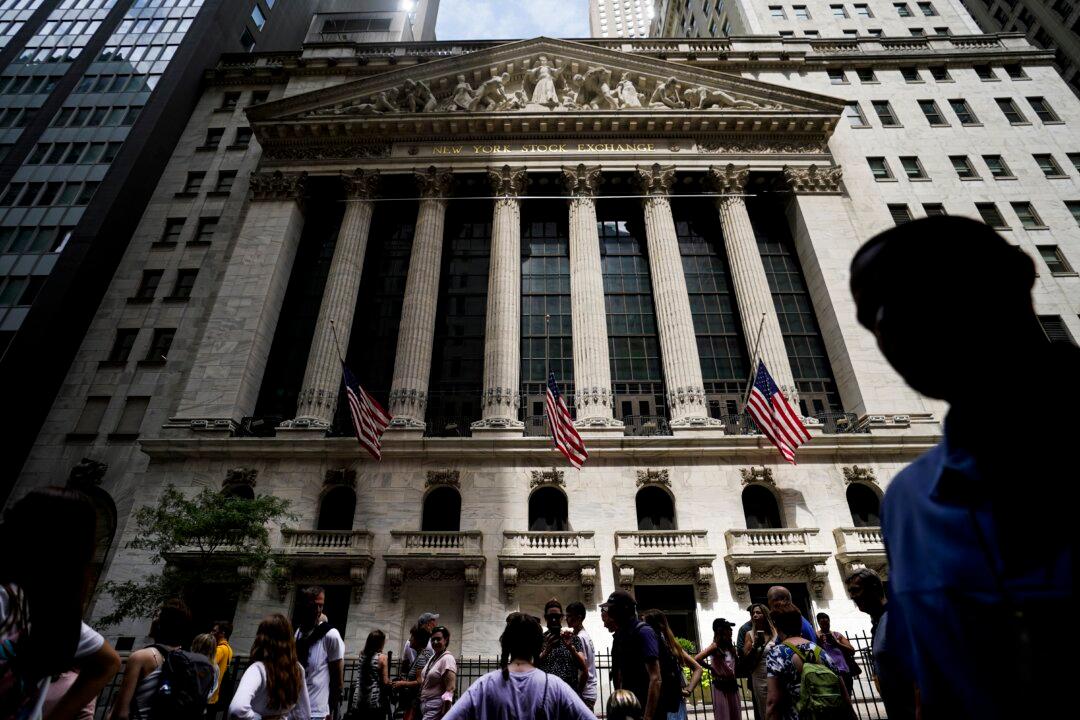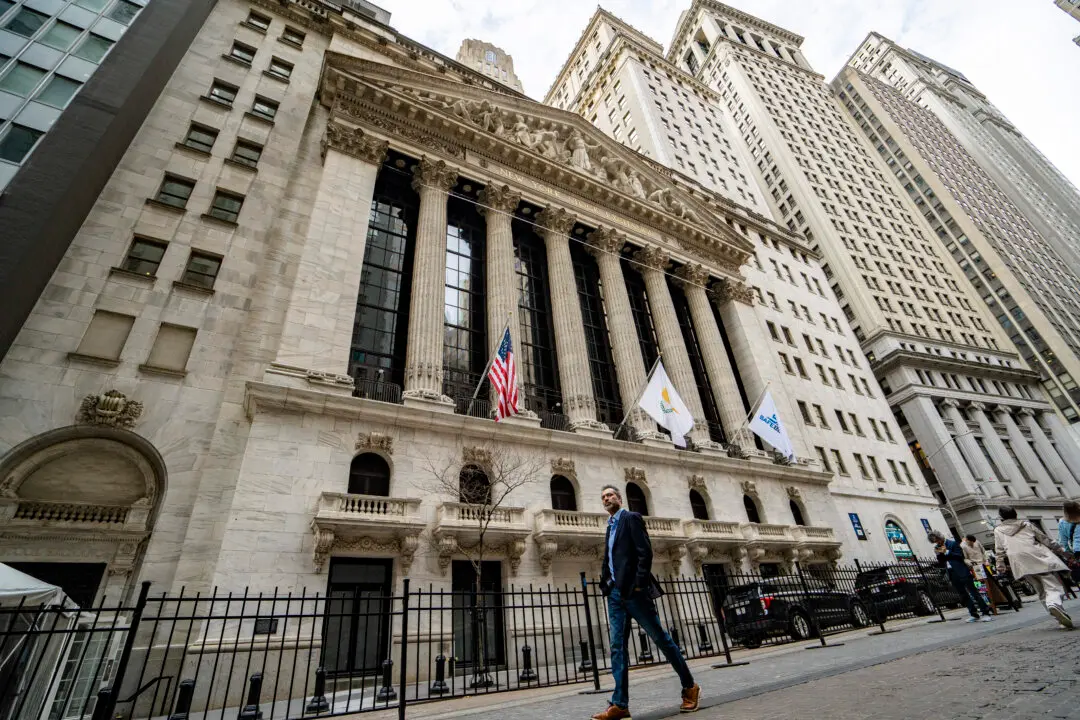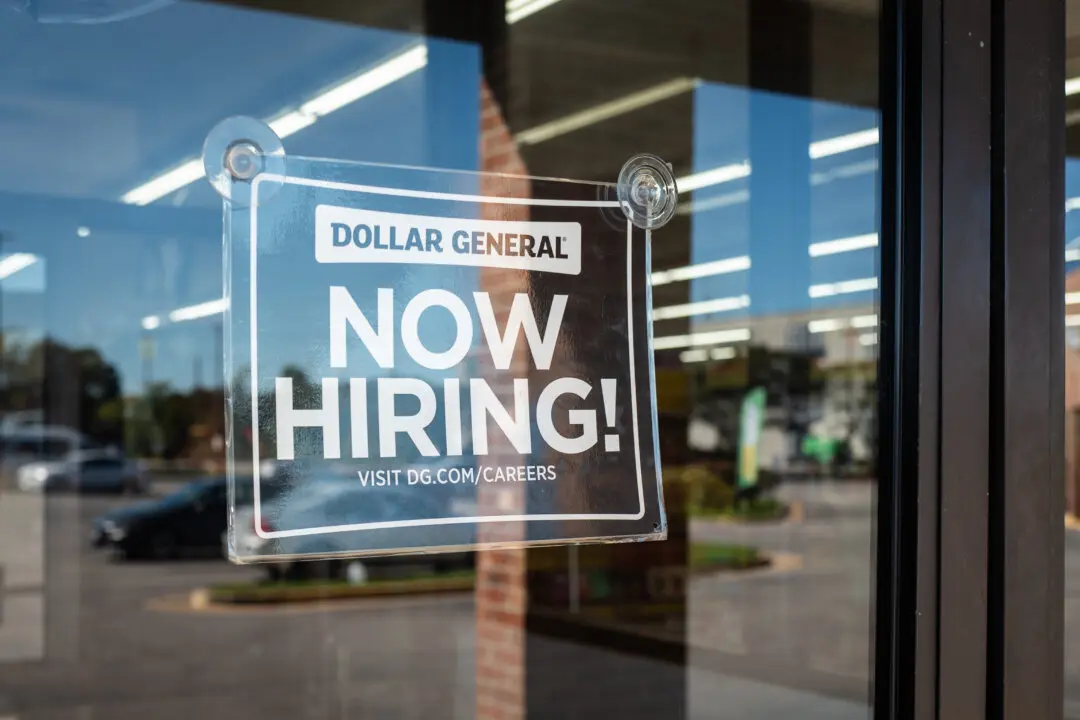Despite U.S. companies championing their environmental, social, and governance (ESG) investments and results, many others are planning to suspend or reconsider their ESG efforts in the coming months over growing recession fears, according to accounting firm KPMG.
In October, KPMG published its 2022 U.S. CEO Outlook report, assessing a wide variety of issues businesses are expecting to face over the next 12 months, including economic turbulence, finding and retaining talent, and technological developments. The paper also looked at the ESG trend sweeping the United States and the rest of the world.





